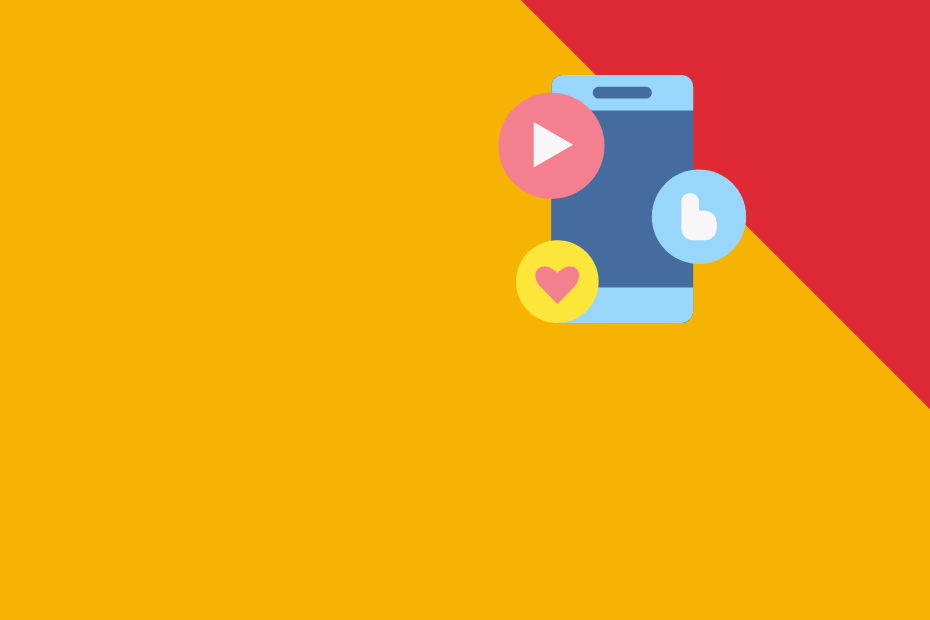Distractions are a natural part of our work environments. One co-worker is crunching on chips, another is loudly discussing an interesting topic and there’s music billowing out of an office down the hall. Then there are ongoing phone calls, emails, text messages and social media alerts from co-workers as well as family and friends.
Even though many are about work, often they aren’t related to what you’re trying to accomplish at the moment.
How can a person get any work done!?
The average worker cannot go more than 11 minutes without being distracted, according to research by Gloria Mark of the University of California, Irvine. The good news is: It’s possible to use distractions to your advantage.
We get caught up in multi-tasking. We feel productive doing more than one task at a time, but multi-tasking actually reduces productivity and accuracy. But we can use distractions as an opportunity. We can evaluate how we’re using time and make a decision about which task to focus upon.
Studies also show that how we time our responses to distractions can make a huge difference in productivity.
For example, one study evaluated the productivity of students who answered text messages while viewing a video they would be tested on. Those who waited to view texts received higher test scores.
Respond at appropriate times
We can apply that same principle to our work by deciding to respond to the distractions at appropriate times. For example, we can finish typing an email before looking at incoming email messages. That is more productive than stopping mid-sentence each time an email alert pops up, interrupting our train of thought.
This can be applied to everything we do throughout the work day.
Another way to use distractions to your advantage is to schedule “distraction breaks” into your day. If you plan to stop at certain intervals and take a quick walk around the office, check your personal email, or grab a healthy snack, you may find it easier to focus. You are rewarding yourself for focusing in the non-break times.
Distractions are inevitable. How you respond to them is up to you.
If you work at it, you can be more productive in spite of and because of them!
Trisha Crigger, Human Resources Generalist


